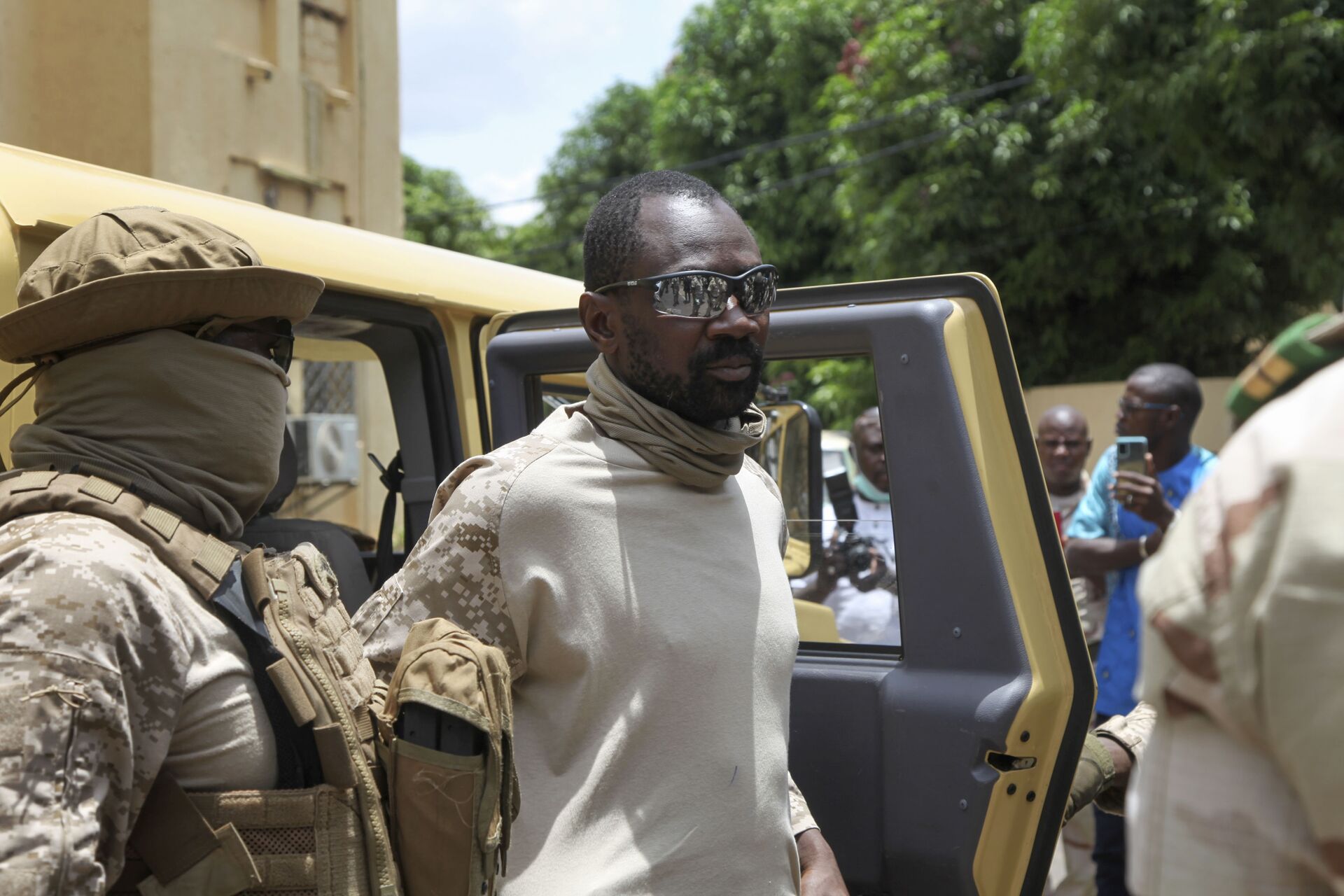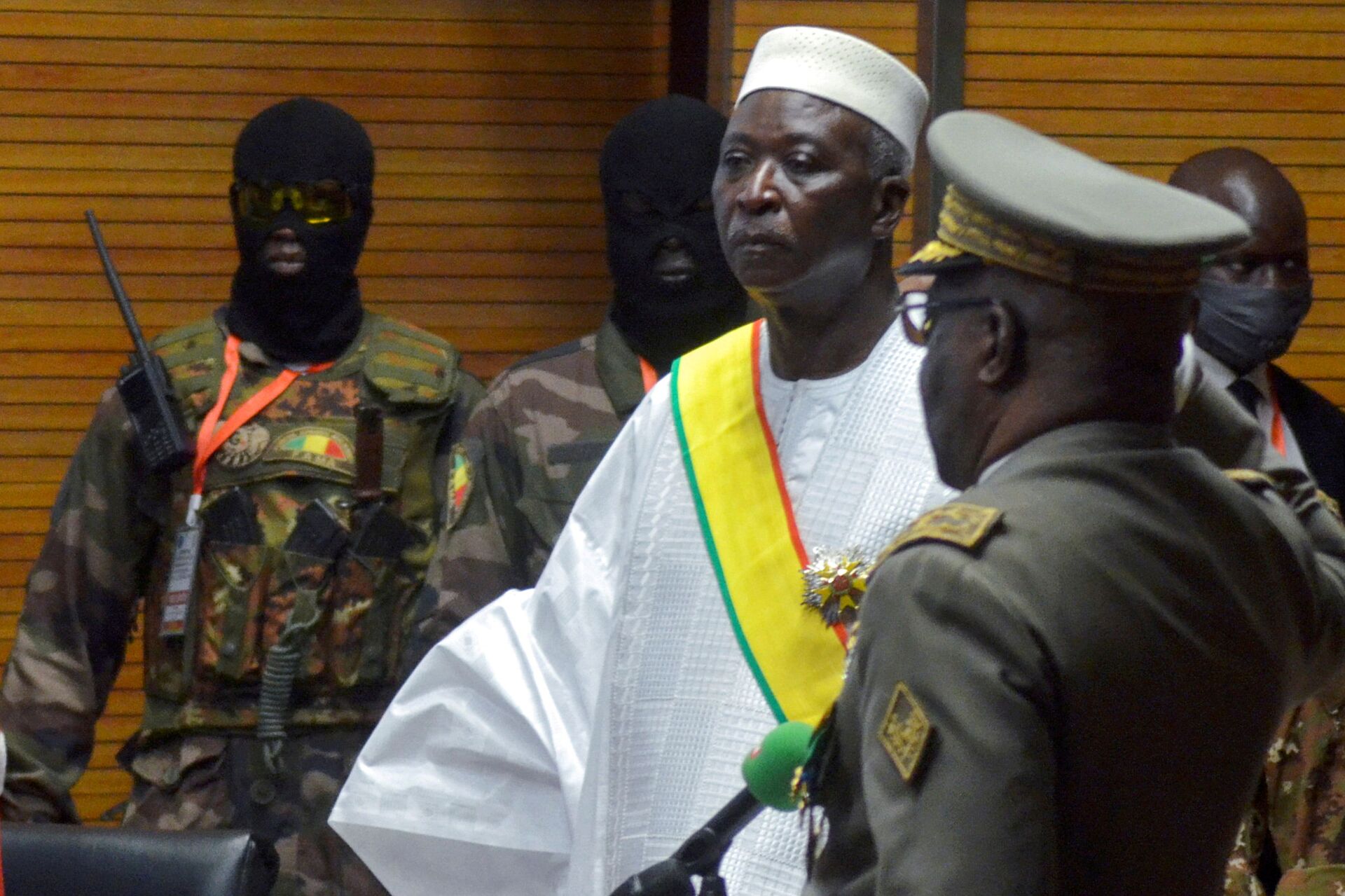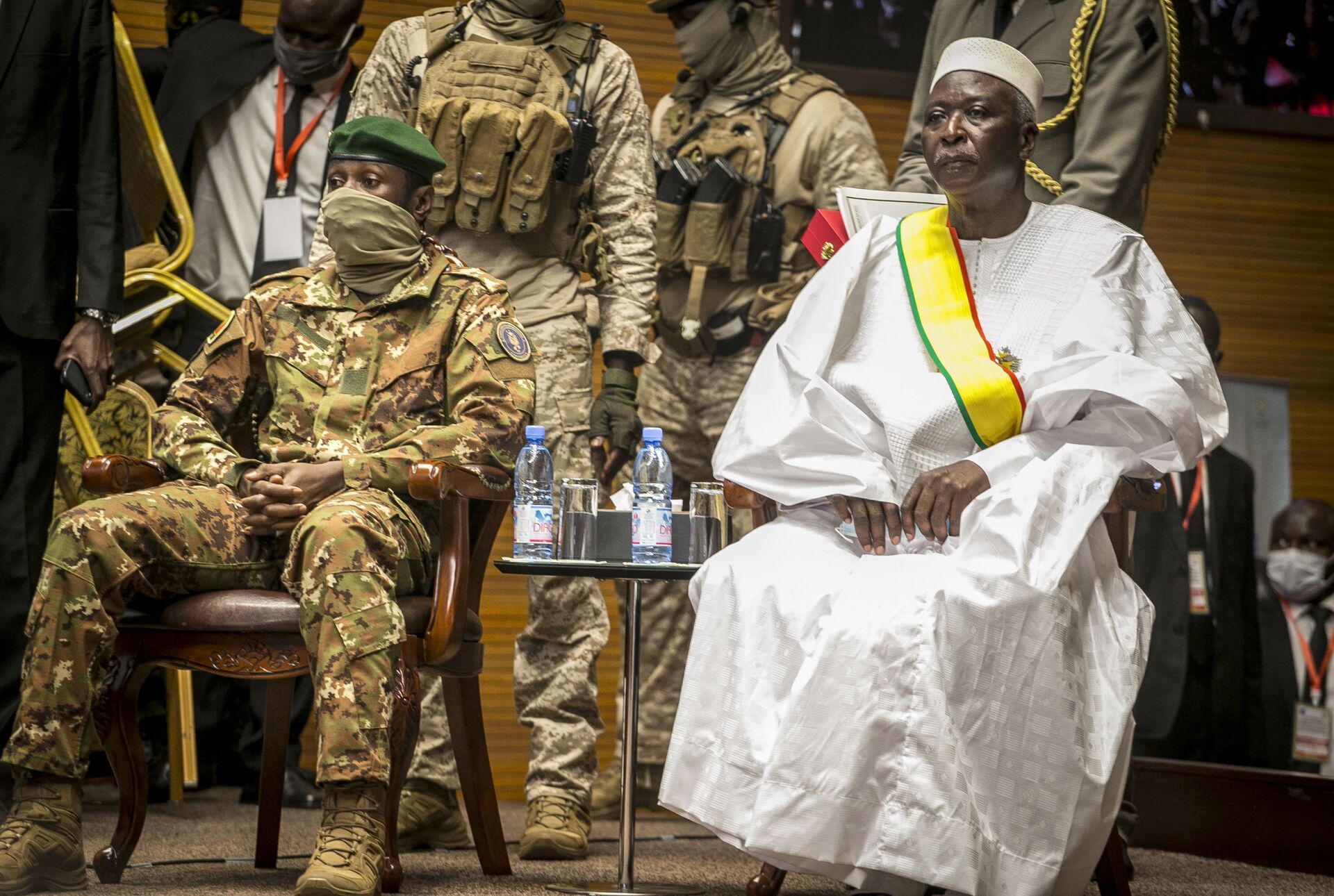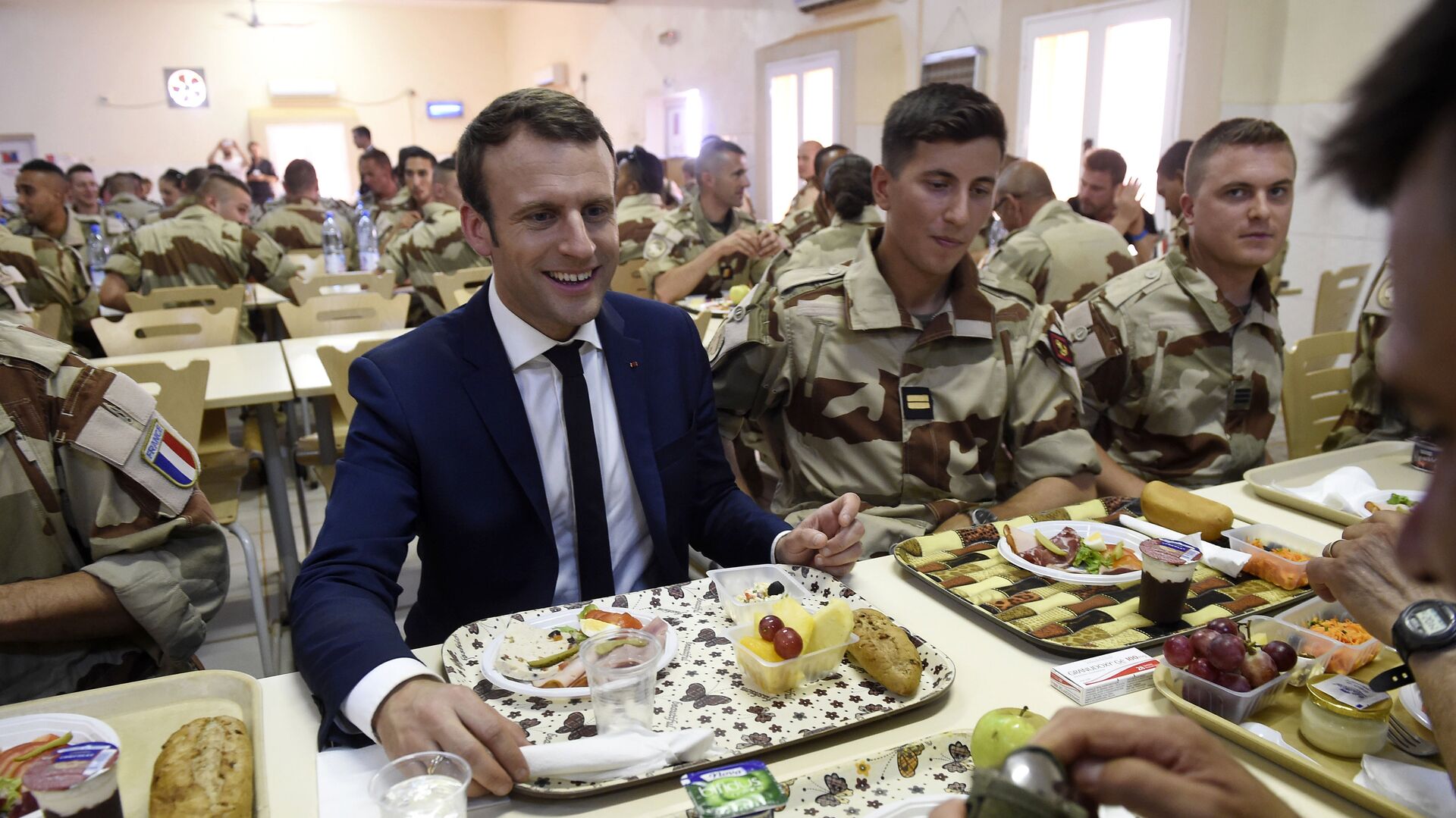President Emmanuel Macron has weighed in on the latest developments in Mali, vowing to pull French troops out of the embattled West African nation if it takes steps toward radical Islamism, according to Le Journal du Dimanche.
As Mali is experiencing its second military coup in nine months, Macron underscored during a trip to Rwanda and South Africa last week that he had warned leaders in the west of the continent that the French government could not back a country “where there is no longer democratic legitimacy or transition”.
Macron was cited in an interview for the publication as saying:
“I told Malian President Bah N’Daw, who was very rigorous in keeping a wall between the jihadists and government: ‘Radical Islamism in Mali with our soldiers there - no way!’”

Assimi Goita ,who masterminded the August 2020 coup d'etat that toppled democratically-elected President Ibrahim Boubacar Keita, removed the interim president appointed to replace Keita earlier this week.
Former Interim President Bah Ndaw, former Prime Minister Moctar Ouane, and former Defence Minister Souleymane Doucoure were all arrested on 24 May and taken to a military base before being stripped of their offices. They were ultimately released on Thursday.
Macron who earlier slammed the events as a “coup within a coup”, in a reference to last year’s overthrow of President Ibrahim Boubacar Keita, added:
“Today, this temptation is present in Mali. But if it goes in that direction, I’ll pull out. I stayed at the request of the countries, because I thought that exiting would be a destabilising factor. But the question is raised, and we’re not destined to stay there forever.”
According to Goita, Ndaw and Ouane had "sabotaged" the transition back to democratic governance by firing two army colonels appointed to head the defence and security ministries without conferring with him first. He pledged at the time that the timeline prescribing 2022 elections would remain unchanged.
Mali's Constitutional Court ruled on Friday that the offices of vice president and interim president would be combined, making Vice President Colonel Assimi Goita – a western-trained soldier - the head of state.

The ruling contravenes a joint declaration issued following talks in the wake of last August’s coup, when the Economic Community of West African States (ECOWAS) and Mali’s civil and military leaders had agreed that the vice president of the transition “cannot under any circumstances replace the president”.
Mali Turmoil
Riots in Mali began on 18 August 2020, at a military base near the capital Bamako. The mutinous soldiers announced the arrest of President Ibrahim Boubacar Keita and Prime Minister Boubou Cisse. Later, the president announced the resignation and dissolution of parliament and government.
ECOWAS, the main regional bloc, which acted as a mediator last year, has now also warned it may reimpose sanctions after the latest power grab.

Amid concerns that the developments could exacerbate instability in northern and central Mali, ECOWAS has called an extraordinary summit of regional leaders on Sunday and is insisting that Mali’s interim government should be led by a civilian.
Communiqué de presse relatif au déplacement du Président de la Transition, Colonel @GoitaAssimi à Accra où il prendra part aux côtés de ses homologues de la sous-région au Sommet extraordinaire de la CEDEAO sur la situation au Mali prévu ce dimanche 👇https://t.co/uy0c9EA3sd pic.twitter.com/dtGFgH9v9y
— Presidence Mali (@PresidenceMali) May 29, 2021
The office of Mali’s president, in a Facebook statement, said Goita would take part in the extraordinary summit “alongside his counterparts” and would also hold bilateral talks with regional leaders.
On Thursday, the European Union’s foreign policy chief Josep Borrell said the bloc will continue cooperating with Mali on military training, despite the recent developments.
The European Council elected to extend the EU Capacity Building Mission in Mali (EUCAP Sahel Mali) for another two years, allocating $108 million for the period. More than 600 soldiers from 28 European states take part in the programme, launched in 2014 under the auspices of France’s Operation Barkhane, a War on Terror-style campaign against Islamist militias in the Sahel region.


